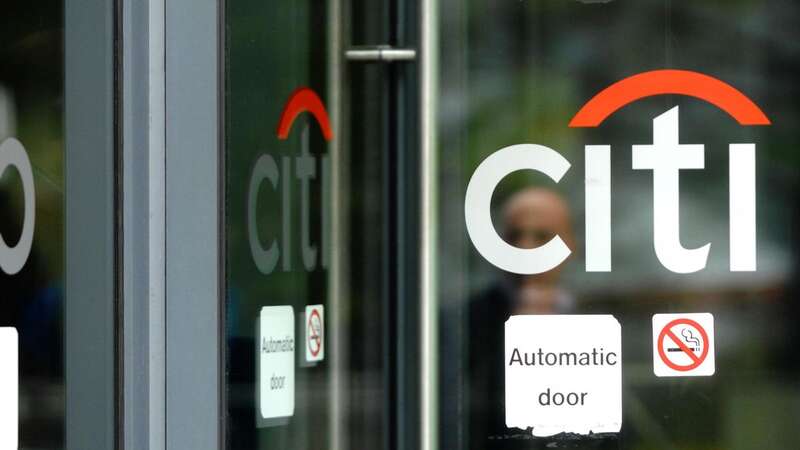
Citigroup has been hit with a £61.6million fine by regulators for a trading controls blunder that resulted in $1.4billion (£1.1billion) worth of shares being mistakenly offloaded.
The Financial Conduct Authority (FCA) pointed to "poor design" and "ineffective" real-time monitoring as the culprits behind the erroneous sale of shares across multiple European exchanges. The costly error unfolded in May 2022, when a Citigroup trader in London aimed to sell a share basket valued at $58million (£45.5million) but accidentally set up one worth $444billion (£349billion) due to a 'fat-finger' trade, a term for slip-ups caused by human input errors.
Despite a warning pop-up, the trader bypassed it without reading the full alert and proceeded with the transaction. Although the mistake was quickly identified, it coincided with a significant dip in Nordic stock values, exacerbating the situation.
Citi's safeguards managed to prevent $255billion (£200billion) of the trade from executing, but $189billion (£149billion) in shares were still processed by a trading algorithm meant to carry out the sales. Efforts to cancel the trade were too late to stop $1.4billion (£1.1billion) in shares from being sold.
The FCA imposed a £27.8million penalty on Citi, while the Prudential Regulation Authority, responsible for banking oversight, added a further £33.9 million to the fine. The FCA's notice stated: "While parts of [Citi's] trading control framework operated as [Citi] expected, some primary controls were absent or deficient."
 Finland to formally join NATO tomorrow, Jens Stoltenberg announces
Finland to formally join NATO tomorrow, Jens Stoltenberg announces
"In particular, there was no hard block that would have rejected this large erroneous basket of equities in its entirety and prevented any of it reaching the market. Due to poor design, the trader was also able to manually override a pop-up alert, without being required to scroll down and read all the alerts within it."
"The firm's real-time monitoring was ineffective, which meant that it was too slow to escalate internal alerts about the erroneous trades." Citi has agreed to settle with the regulators and did not dispute the findings.
Steve Smart, joint executive director of enforcement and market oversight at the FCA, commented that banks must have "effective systems and controls in place to stop errors like this occurring".
He further remarked: "These failings led to over a billion pounds of erroneous orders being executed and risked creating a disorderly market. We expect firms to look at their own controls and ensure that they are appropriate given the speed and complexity of financial markets."
A Citi spokesperson responded: "We are pleased to resolve this matter from more than two years ago, which arose from an individual error that was identified and corrected within minutes. We immediately took steps to strengthen our systems and controls, and remain committed to ensuring full regulatory compliance."
Read more similar news:
Comments:
comments powered by Disqus
































